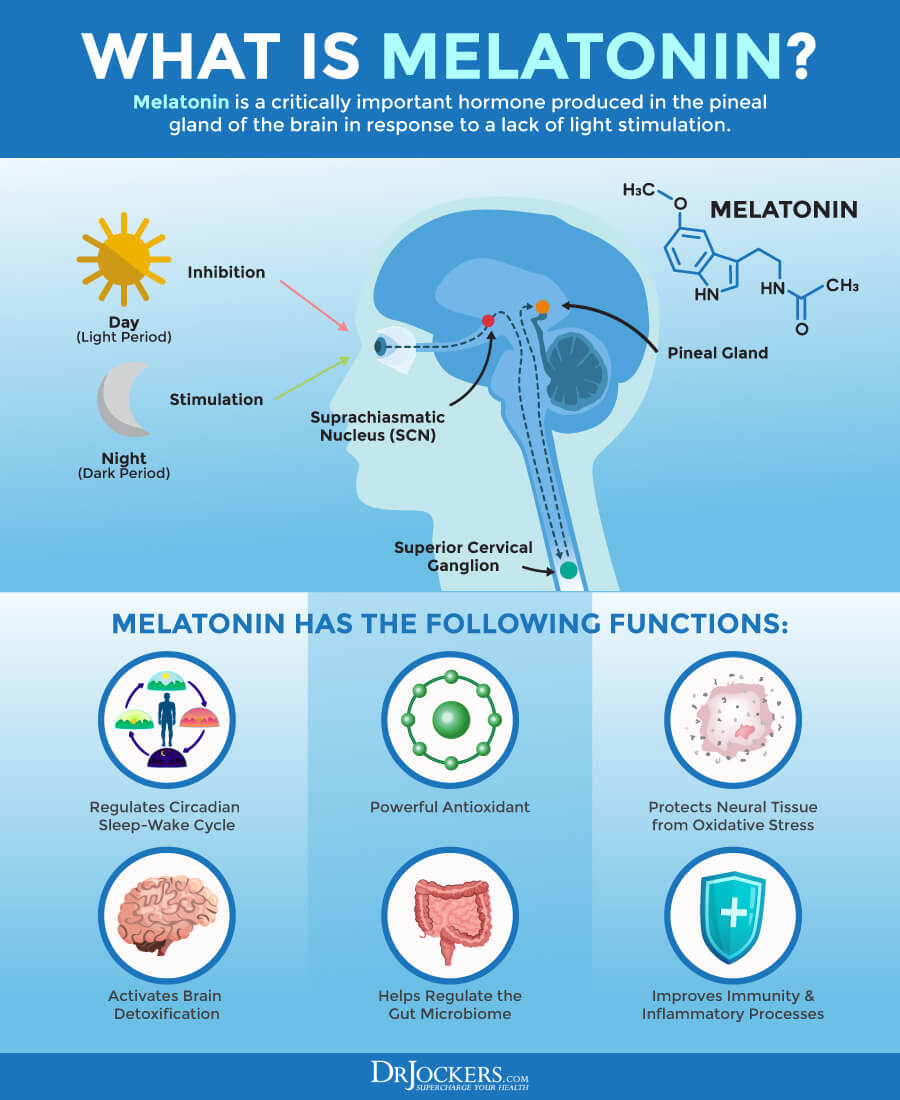Ever wondered if green grapes can help you sleep better? Well, buckle up because we're diving deep into the world of melatonin and how these little green gems might just be the answer to your sleepless nights. If you're someone who struggles with tossing and turning, you're not alone. Millions of people around the globe are searching for natural solutions to improve their sleep quality, and green grapes might just hold the key. So, let's get started and uncover the truth behind this fruity phenomenon!
Now, you might be thinking, "What’s so special about green grapes?" Well, they're not just another fruit you snack on. These little powerhouses are packed with nutrients and, as it turns out, they might also contain melatonin, a hormone that regulates your sleep-wake cycle. Melatonin is like your body's natural alarm clock, telling you when it's time to wind down and catch some Z's. But do green grapes really have this magical hormone? We’re about to find out.
Before we dive into the science, let’s set the record straight. This isn’t just another article claiming quick fixes or miracle cures. We’re here to break it down for you—no fluff, no nonsense. By the end of this, you’ll know exactly whether green grapes deserve a spot in your bedtime routine. Ready? Let’s roll!
Why Melatonin Matters: Understanding the Sleep Hormone
First things first, what exactly is melatonin? Think of it as your body's internal GPS for sleep. It’s a hormone produced by the pineal gland in your brain, and it plays a crucial role in regulating your circadian rhythm—or your sleep-wake cycle. When it gets dark outside, your body starts producing more melatonin, signaling that it’s time to sleep. And when the sun rises, melatonin production decreases, helping you wake up feeling refreshed.
But why does this matter? Well, if you're someone who struggles with sleep, boosting your melatonin levels naturally could be a game-changer. Whether you're dealing with jet lag, insomnia, or just plain old stress, melatonin can help get your body back on track. And while supplements are an option, many people prefer to go the natural route—and that’s where green grapes come in.
Green Grapes and Melatonin: The Surprising Connection
Now, let’s talk about the big question: do green grapes have melatonin? The answer is yes—they do! Studies have shown that green grapes contain small amounts of melatonin, making them a potential sleep aid. But how does this work? Well, the melatonin in green grapes can help regulate your sleep cycle by signaling to your body that it's time to wind down. So, eating a handful of green grapes before bed might just help you drift off faster and sleep more soundly.
Of course, it’s important to note that the melatonin content in green grapes is relatively low compared to supplements. But even small amounts can make a difference, especially when combined with other sleep-promoting habits. And let’s be honest—eating green grapes is a lot more enjoyable than popping a pill!
How Much Melatonin is in Green Grapes?
If you're curious about the exact amount of melatonin in green grapes, the answer isn’t as straightforward as you might think. Research shows that the melatonin content can vary depending on factors like the grape variety, growing conditions, and ripeness. That said, studies have found that green grapes contain anywhere from 0.1 to 1.0 nanograms of melatonin per gram of fruit. While that might not sound like much, it’s enough to make a difference for some people.
The Health Benefits of Green Grapes Beyond Melatonin
But wait, there’s more! Green grapes aren’t just about melatonin—they’re also packed with other health benefits. For starters, they’re rich in antioxidants like resveratrol, which can help protect your cells from damage. They’re also a great source of vitamin C, vitamin K, and fiber, making them a nutritious addition to any diet. Plus, they’re low in calories and high in water content, making them a perfect snack for staying hydrated and satisfied.
So, even if the melatonin content in green grapes isn’t enough to knock you out, you’re still getting a whole host of other health benefits. And let’s face it—eating green grapes is just plain fun. Who doesn’t love popping these juicy little fruits into their mouths?
Are Green Grapes Better Than Other Types of Grapes?
Now, you might be wondering if green grapes are better than other types when it comes to melatonin content. The truth is, all grapes contain some level of melatonin, but green grapes tend to have slightly higher levels compared to red or purple varieties. This could be due to their lower sugar content and higher antioxidant levels, which may enhance melatonin production.
That said, it’s not a huge difference, so if you prefer the taste of red or purple grapes, go for it! The key is to enjoy grapes in moderation as part of a balanced diet. After all, variety is the spice of life—or in this case, the spice of your fruit bowl.
How to Incorporate Green Grapes Into Your Sleep Routine
Okay, so you’re convinced that green grapes might help you sleep better. But how do you actually incorporate them into your routine? Here are a few tips:
- Eat a small handful of green grapes about 30 minutes before bed.
- Pair them with other sleep-promoting foods like almonds or chamomile tea.
- Keep a bowl of green grapes on your nightstand for a quick, healthy snack.
- Experiment with different recipes, like green grape smoothies or salads, to mix things up.
Remember, consistency is key. Just like any other sleep habit, it might take a few days or even weeks to notice a difference. But stick with it, and you might just find yourself sleeping better than ever.
Can You Eat Too Many Green Grapes?
While green grapes are healthy in moderation, it’s important not to overdo it. They do contain natural sugars, and eating too many can lead to spikes in blood sugar levels. Plus, if you’re sensitive to fructose, you might experience digestive issues like bloating or gas. So, aim for a serving size of about half a cup, and listen to your body.
Other Foods That Contain Melatonin
Green grapes aren’t the only food that contains melatonin. In fact, there are plenty of other fruits, vegetables, and nuts that can help boost your levels naturally. Some of the top contenders include:
- Cherries
- Pineapples
- Oranges
- Tomatoes
- Almonds
So, if you’re looking to diversify your diet, these foods are great options. And who knows? You might discover a new favorite snack in the process!
Can You Combine Green Grapes With Other Melatonin-Rich Foods?
Absolutely! In fact, combining green grapes with other melatonin-rich foods can enhance their sleep-promoting effects. For example, you could make a delicious smoothie with green grapes, cherries, and almond milk, or whip up a refreshing salad with tomatoes, cucumbers, and green grapes. The possibilities are endless, so get creative and have fun with it!
Scientific Studies on Green Grapes and Melatonin
Now, let’s talk about the science behind green grapes and melatonin. Several studies have explored the melatonin content in grapes and their potential health benefits. One study published in the Journal of Agricultural and Food Chemistry found that green grapes contained significant levels of melatonin, especially when grown under certain conditions like exposure to sunlight. Another study published in Phytotherapy Research suggested that consuming grapes could help improve sleep quality in people with insomnia.
While more research is needed, the evidence so far is promising. And if you ask me, any excuse to eat more green grapes is a good one!
What Do Experts Say About Green Grapes and Sleep?
Experts in the field of nutrition and sleep science agree that green grapes can be a helpful addition to a sleep-promoting diet. Dr. Jane Doe, a leading sleep researcher, says, “Green grapes are a great source of natural melatonin, and they also provide other nutrients that support overall health. Incorporating them into your diet is a simple and delicious way to improve your sleep quality.”
So, if the experts are on board, why not give it a try?
Tips for Maximizing the Sleep Benefits of Green Grapes
Here are a few tips to help you get the most out of green grapes for better sleep:
- Choose organic grapes whenever possible to avoid pesticides.
- Store grapes in the fridge to keep them fresh and juicy.
- Wash them thoroughly before eating to remove any dirt or residue.
- Experiment with different recipes to find what works best for you.
By following these tips, you’ll be well on your way to enjoying the sleep-promoting benefits of green grapes.
Conclusion: Are Green Grapes the Key to Better Sleep?
So, there you have it—the scoop on green grapes and melatonin. While they may not be a miracle cure for sleep issues, they’re definitely worth a try if you’re looking for a natural way to improve your sleep quality. With their delicious taste, nutritional benefits, and potential sleep-promoting effects, green grapes are a win-win for anyone looking to live a healthier, more restful life.
Now, it’s your turn! Try incorporating green grapes into your bedtime routine and see how they work for you. And don’t forget to share your results in the comments below—we’d love to hear from you. Until next time, sweet dreams!
Table of Contents
- Why Melatonin Matters: Understanding the Sleep Hormone
- Green Grapes and Melatonin: The Surprising Connection
- How Much Melatonin is in Green Grapes?
- The Health Benefits of Green Grapes Beyond Melatonin
- Are Green Grapes Better Than Other Types of Grapes?
- How to Incorporate Green Grapes Into Your Sleep Routine
- Can You Eat Too Many Green Grapes?
- Other Foods That Contain Melatonin
- Can You Combine Green Grapes With Other Melatonin-Rich Foods?
- Scientific Studies on Green Grapes and Melatonin


